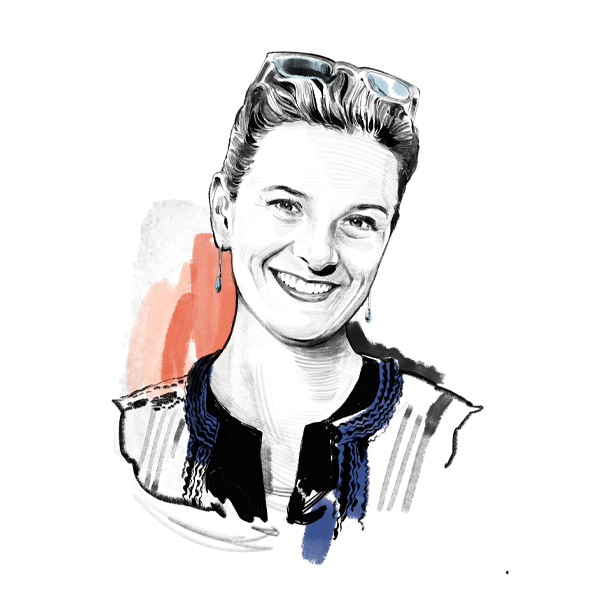Kristin Ozelli oversees day-to-day operations, manages the editorial team and steers the production of articles, newsletters and multimedia content. She joined the Simons Foundation in 2017 as features editor of Spectrum. Previously, she was editorial director, online, and a senior editor at Scientific American, and a senior editor at Scientific American MIND. She has also written a book about Jupiter’s moons and volunteered at the Natural History Museum in London, assisting the curator of fossil cephalopods.

Kristin Ozelli
Executive editor
The Transmitter
From this contributor

Spotted around the web: INSAR; cerebellar gene expression; pangenome

Beyond the bench: Mastering meaningful movement with Karen Chenausky

Spotted around the web: Interpersonal synchrony, single-nucleotide polymorphisms, CRISPR at 10
Education
- M.A. in journalism, New York University
- B.S. in English, Massachusetts Institute of Technology
- B.S. in mathematics, Massachusetts Institute of Technology
Explore more from The Transmitter
Astrocytes orchestrate oxytocin’s social effects in mice
The cells amplify oxytocin—and may be responsible for sex differences in social behavior, two preprints find.

Astrocytes orchestrate oxytocin’s social effects in mice
The cells amplify oxytocin—and may be responsible for sex differences in social behavior, two preprints find.
Neuro’s ark: Spying on the secret sensory world of ticks
Carola Städele, a self-proclaimed “tick magnet,” studies the arachnids’ sensory neurobiology—in other words, how these tiny parasites zero in on their next meal.

Neuro’s ark: Spying on the secret sensory world of ticks
Carola Städele, a self-proclaimed “tick magnet,” studies the arachnids’ sensory neurobiology—in other words, how these tiny parasites zero in on their next meal.
Autism in old age, and more
Here is a roundup of autism-related news and research spotted around the web for the week of 2 March.

Autism in old age, and more
Here is a roundup of autism-related news and research spotted around the web for the week of 2 March.